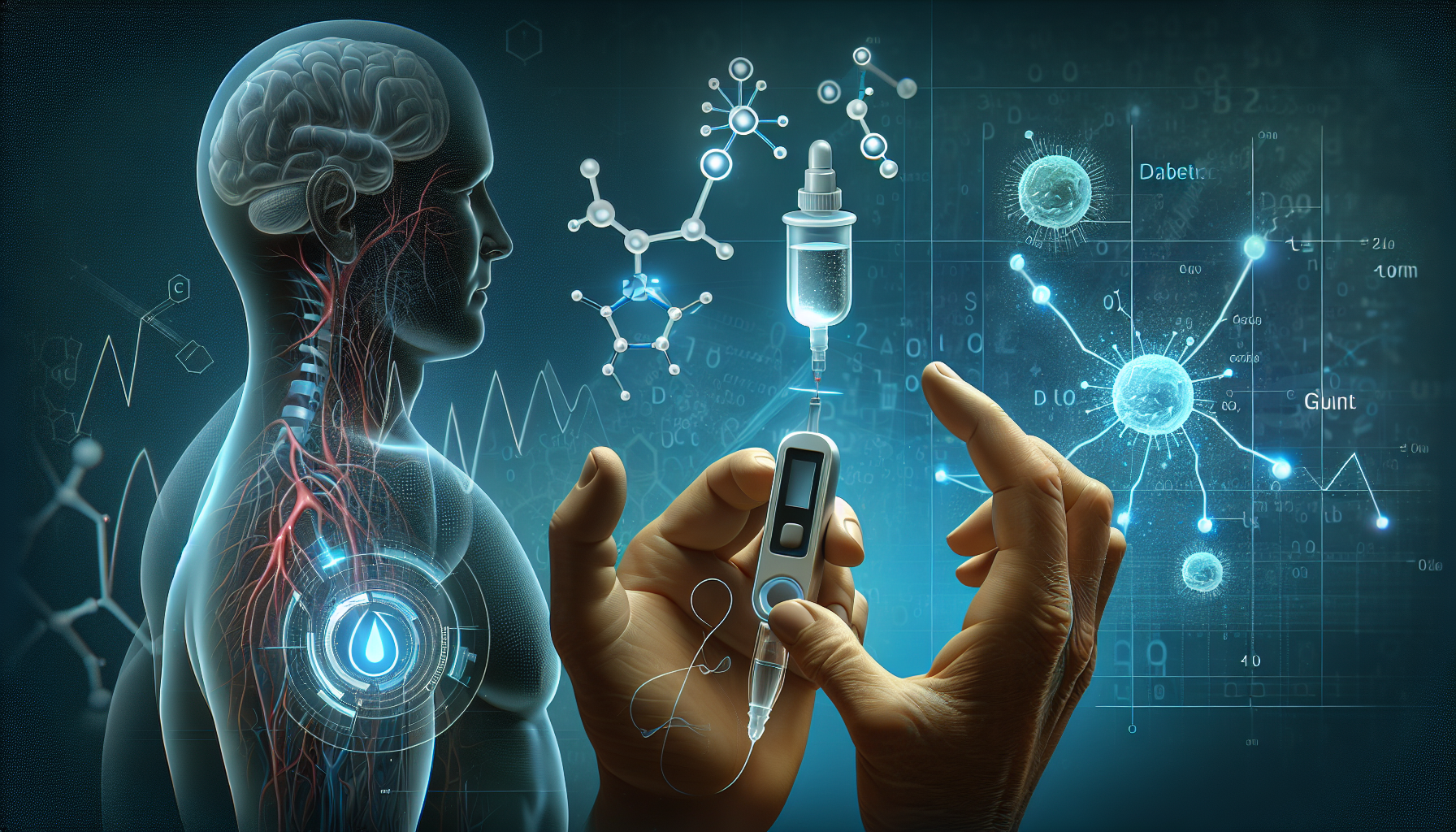New Advances in Type 1 Diabetes Presented at ADA Annual Event
Key Takeaways
- Breakthrough T1D presented significant research at the ADA's 84th Scientific Sessions.
- New international guidelines for early-stage T1D monitoring were introduced.
- Early detection of T1D can significantly improve patient outcomes.
Did You Know?
Overview of the American Diabetes Association's 84th Scientific Sessions
The American Diabetes Association's (ADA) 84th Scientific Sessions, held in Orlando, Florida from June 21-24, 2024, is one of the largest conferences focused on diabetes research in the world. This event brings together leading researchers, diabetes professionals, and advocates to discuss groundbreaking advancements in diabetes care and treatment.
One of the key highlights of this year's session was the presentation of cutting-edge research funded by Breakthrough T1D, previously known as JDRF. This organization has been at the forefront of type 1 diabetes (T1D) research and advocacy, tirelessly working to improve the lives of those affected by this chronic condition.
Breakthrough Research and Its Impact
Since the 1970s, Breakthrough T1D has significantly contributed to diabetes research, and this year was no exception. Researchers funded by Breakthrough T1D presented more than 180 studies that are poised to make significant improvements in the management and treatment of T1D. These studies are paving the way for innovative therapies that aim to transform the standard of care for T1D patients.
Aaron Kowalski, Ph.D., CEO of Breakthrough T1D, emphasized the importance of these advancements: "The research presented demonstrates the incredible progress being made. Breakthrough T1D is dedicated to leading and supporting these life-changing innovations for people with type 1 diabetes."
International Guidance for Early-Stage T1D Monitoring
A significant highlight of the conference was the introduction of the first-ever international consensus guidance for monitoring early-stage T1D. This guidance was developed with the collaboration of over 60 international experts from 10 countries and endorsed by 11 national and international organizations. The guidelines offer comprehensive recommendations for monitoring individuals who test positive for T1D autoantibodies.
The guidance includes specific monitoring frequencies and action plans for healthcare professionals when there is a high risk of progression towards symptomatic T1D. Additionally, it emphasizes the importance of educational and psychosocial support for patients and their families.
Benefits of Early Detection and Monitoring
Sanjoy Dutta, Ph.D., Chief Scientific Officer at Breakthrough T1D, highlighted the benefits of early detection: "Early detection of type 1 diabetes can significantly reduce the incidence of diabetic ketoacidosis at diagnosis, allow participation in clinical trials, provide access to therapies that delay T1D onset, and afford time to prepare for a diagnosis."
The introduction of these guidelines at the ADA Scientific Sessions marks a crucial step towards better management and treatment of type 1 diabetes globally.
Ongoing Research and Future Directions
Breakthrough T1D continues to invest in promising research endeavors aimed at finding cures and improving the quality of life for T1D patients. Their efforts include working closely with governments to address issues that impact the T1D community and educating those affected by the condition.
Ongoing studies focus on understanding the genetic and environmental factors that contribute to T1D, developing new therapies, and exploring preventative measures. The organization is committed to fostering innovation and supporting the next generation of diabetes researchers.
About Type 1 Diabetes
Type 1 diabetes (T1D) is an autoimmune condition that results in the pancreas producing little to no insulin. This necessitates insulin therapy and constant blood sugar monitoring to prevent complications. T1D affects nearly 9 million people worldwide, with diagnoses common during both childhood and adulthood.
The exact cause of T1D remains unknown, though it is believed to involve a combination of genetic and environmental factors. Currently, there is no cure for T1D, but ongoing research is dedicated to finding effective treatments and potential vaccines.
Empowering the T1D Community
Breakthrough T1D is not only focused on scientific research but also on empowering the T1D community through education and advocacy. They work to improve access to care, support policy changes, and provide resources for those living with T1D and their families.
Through their comprehensive approach, Breakthrough T1D aims to make everyday life better for individuals with type 1 diabetes while striving towards a future without this disease.
References
- American Diabetes Association's 84th Scientific Sessionshttps://professional.diabetes.org/scientific-sessions
- Breakthrough T1D Official Websitehttps://www.breakthroughT1D.org
- Type 1 Diabetes Informationhttps://www.diabetes.org/diabetes/type-1






